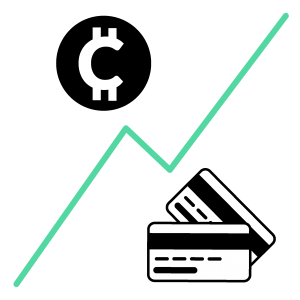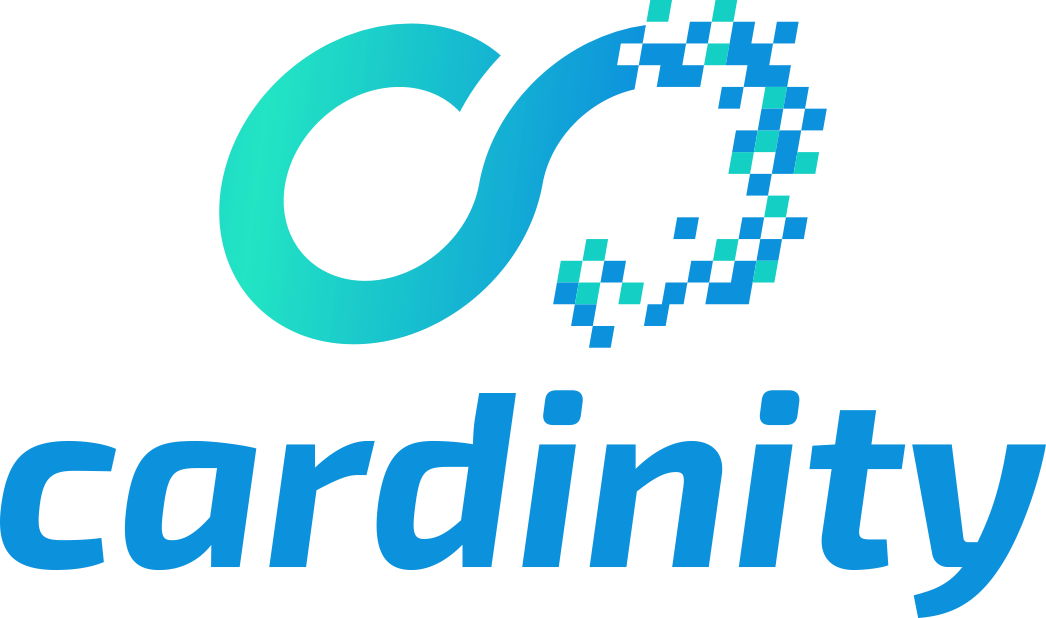Does blockchain optimize online payments or disrupt them?
Does blockchain optimize online payments? Blockchain technology has taken the world by storm since its invention in 2008. The finance world has been the biggest industry to benefit. The entire cryptocurrency market cap is at a stunning all-time high of nearly $2.5 trillion. By now, the popular Bitcoin cryptocurrency is accepted by big names including Microsoft, AT&T, and, oddly enough, even the Miami Dolphins.
The tech is taking over because it encodes data within a digital ledger that logs every transaction and can not be faked or modified. When used as a currency, blockchain and decentralized ledger technology (DLT) stops counterfeiting without the need for central administrators like financial institutions.
But is the technology improving traditional payment methods or is on its way to replacing them entirely? And what drawbacks could we see from a world of cryptocurrency payments?
Does blockchain optimize online payments or disrupt them?
The big benefit of blockchain tech is cutting out the middleman. Banks were traditionally needed to administer and verify transactions. With blockchain, they are unnecessary to complete a transaction. Blockchain-powered payments could be both faster and come with lower fees than payments including banks. And cutting out banks is a pretty big disruption for the world of payments.
Cutting out the middleman from the payment process offers faster and cheaper transaction methods. However, banks offer additional layer of security. They are usually regulated and supervised by multiple set of rules and associations. While Blockchain also offer security of payments, integrity of payments is another thing. Without the middleman blockchain payments can be prone to illegal activities also. Banks for traditional payment methods protects the international online payment environment from criminal activities, while protecting interests of merchants and customers.
The industry is taking these news seriously: 90% of the European Payments Council’s members believe that blockchain tech will “fundamentally change the industry by 2025”, according to a CBInsights report. Up until now, banks have not had any incentive to lower their transaction fees, which has set the industry up for disruption. Cross-border transactions accounted for $224 billion in payments revenues in 2019 alone, so there’s a lot on the line.
So, bitcoin is fast, cheap, and effective. But is it better than the payment methods we already use?
Card payments vs. Cryptocurrencies

Bitcoin payments come with one core disadvantage for users. Unlike credit card payments, cryptocurrency transactions can not be cancelled or refunded. This puts customers at a greater risk of losing their money due to fraudulent transactions or theft, and the impact can be big. One scammer even claims to have stolen $1 million over 14 months through phishing attacks.
In addition, the tertiary benefits of credit or debit cards — reward programs. The ability to borrow money, and widespread integration with other services — w
ill be lost to bitcoin devotees. On the other hand, so would the problems that come with cards. Like late fees, negative credit score impacts, or extra charges for international payments.
One final downside to the technology is its environmental impact: Bitcoin’s total annualized carbon footprint is 68.98 Mt CO2, which is around the equivalent of the country of Israel’s carbon output. That power consumption will continue to grow as the value of bitcoin rises due to greater adaptation.
In 2015, a single bitcoin transaction used power equal to 1.5 days of the average American household’s electricity usage. That’s already a lot, but today, the same transaction has ballooned to the power consumption of an average U.S. household over 60 days. Given this power usage to transaction ratio, bitcoin would simply be unsustainable as the core of our whole financial system.
Blockchain is here to stay, but won’t take over
Bitcoin transactions are gaining popularity, and offer a fast, inexpensive alternative to card payments.
Even if it will never take over the entire financial system, the technology is rapidly becoming a meaningful component of it. Total blockchain spending around the world is expected to pass $6.6 billion in 2021 alone. Global spending is forecasted to hit almost $19 billion by 2024, as well, and Gartner’s estimates put the total business value-add of blockchain at a massive $3.1 trillion by the time 2030 rolls around.
Their potential for disrupting payments is exactly why banks and retailers are increasingly interested in owning stock in crypto startups or learning how to accept them as payment. By getting in early, banks can hedge their bets and get a piece of a growing industry. Small business owners can also accept bitcoin with the right service — some startups are helping retailers, by offering cryptocurrency transaction method integrations for ecommerce platforms including Shopify and WooCommerce.
While blockchain optimize online payments for certain factors including speed and ease of use, they come with some downsides for consumers. Such as the inability to get refunds, as well as a downside for the financial infrastructure, in the form of unsustainable power usage. Blockchain won’t be going away any time soon, but it won’t be turning the financial system completely on its ear, either.
—
About author
 Adam is a writer at Tech.co and has worked as a tech writer, blogger and copy editor for more than a decade. He’s also a Forbes Contributor on the publishing industry, for which he was named a Digital Book World 2018 award finalist. His work has appeared in publications including Popular Mechanics and IDG Connect, and he has an art history book on 1970s sci-fi coming out from Abrams Books in 2022. In the meantime, he’s hunting own the latest news on VPNs, POS systems, and the future of tech.
Adam is a writer at Tech.co and has worked as a tech writer, blogger and copy editor for more than a decade. He’s also a Forbes Contributor on the publishing industry, for which he was named a Digital Book World 2018 award finalist. His work has appeared in publications including Popular Mechanics and IDG Connect, and he has an art history book on 1970s sci-fi coming out from Abrams Books in 2022. In the meantime, he’s hunting own the latest news on VPNs, POS systems, and the future of tech.
Open a merchant account for free
and start processing payments with Cardinity!
